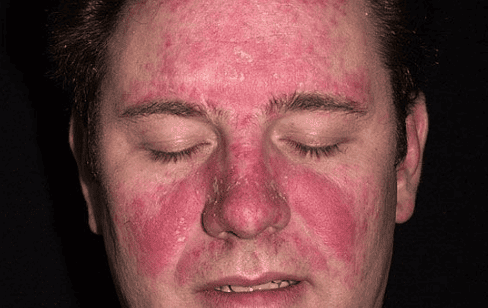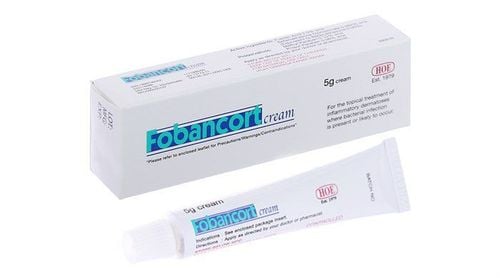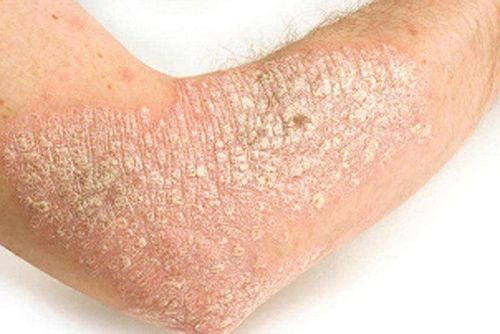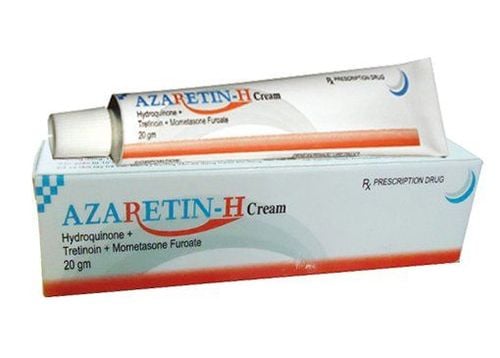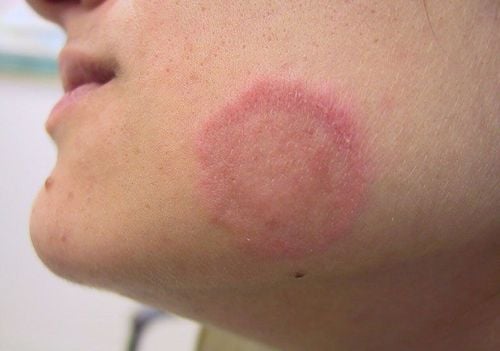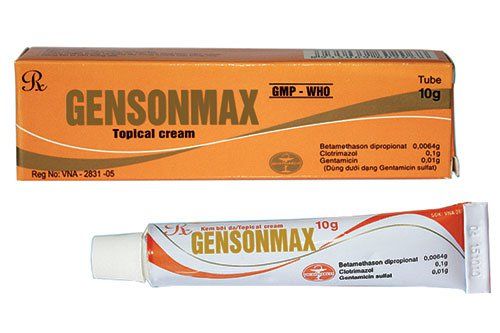This is an automatically translated article.
Pityriasis rosea is a relatively common dermatological condition that causes a temporary rash with raised red scaly patches on the skin. It usually occurs between the ages of 10 and 35. Most will probably go away within 4 to 10 weeks.1. What is Psoriasis Psoriasis?
Psoriasis is a type of rash that usually begins as a large round or oval spot on the chest, abdomen, or back, known as the badge. These plaques can be up to 10cm long and are spawned by small spots spreading from the center that may be in the shape of a drooping pine tree branch. Psoriasis can affect any age group. It usually occurs between the ages of 10 and 35 and usually goes away on its own within 10 weeks.2. Causes of Psoriasis Psoriasis
The exact cause of pinkish psoriasis is still unclear. Some evidence that the rash can be triggered by a solid viral infection is certain strains of the herpes virus (HHV7). The disease is not thought to be contagious nor does it lead to any other disorder. The disease usually occurs in spring and autumn.3. Symptoms of Psoriasis Psoriasis
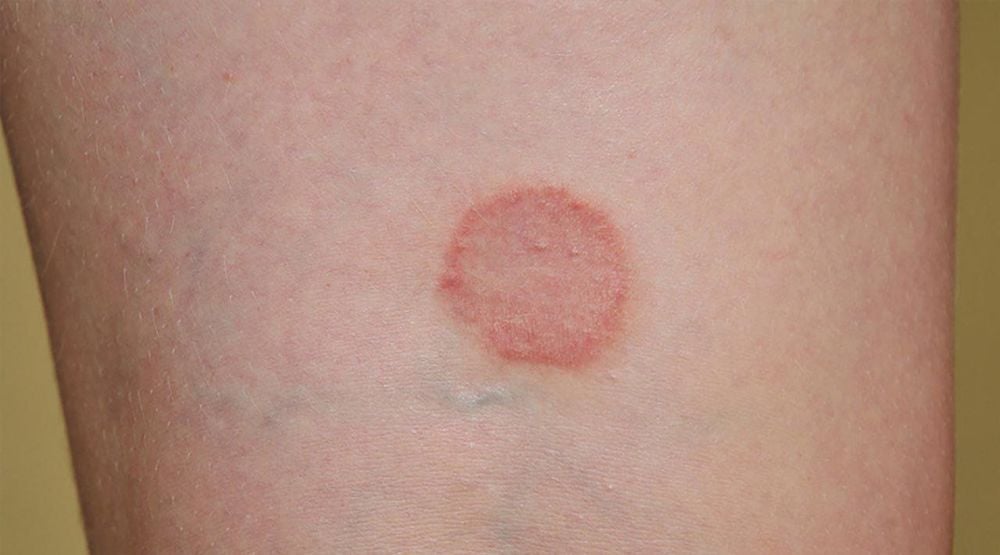
Biểu hiện ban đầu của bệnh vảy nến phấn hồng sẽ xuất hiện một mảng lớn hơi nổi lên và có vảy
Psoriasis is a benign dermatological disease that usually has no dangerous complications. However, there is an increased risk of serious complications in pregnant women with roseola. If you are pregnant and have scabies, see your doctor for the necessary tests to help treat the disease as soon as possible. Because, in a few studies, the majority of women who develop hives during the first 15 weeks of pregnancy miscarry.
4. Diagnosis of Psoriasis
In most cases, a doctor can identify pinkish psoriasis by looking at the rash. The doctor will then take a small sample of the rash to examine, as this can sometimes be confused with ringworm. Or maybe, to be more precise, your doctor will order a blood test or biopsy. The results of these tests may rule out other skin conditions, such as eczema, psoriasis.
5. Treatment of Psoriasis Psoriasis
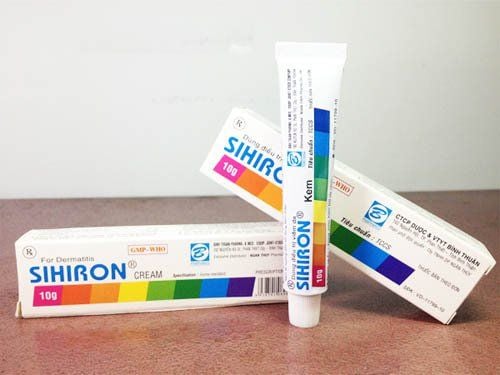
Sử dụng kem có chứa corticosteroid để điều trị bệnh vẩy nến phấn hồng
Psoriasis, in most cases, will probably go away on its own in 4 to 10 weeks. If, after this time, the rash does not go away or is still causing symptoms of itching and discomfort, see your doctor for advice and effective treatment. Some treatments for pityriasis rosea:
5.1. Medications If home remedies don't relieve symptoms or shorten the duration of your psoriasis, your doctor may prescribe treatment. Certain medications, such as a topical corticosteroid cream or lotion (such as Cortizone-10 or Cortaid), may be enough to relieve pain and itching. However, if the case is more severe, your doctor may recommend an oral antihistamine or prescribe a stronger corticosteroid, or an antiviral medication (acyclovir; Zovirax - this medicine can shorten the duration of the rash) .
5.2. Light therapy In cases where the disease may be severe or the rash lasts longer than usual or the rash covers a large part of the body, ultraviolet (UV) light therapy may be used to treat it. Or exposure to natural sunlight can also help the rash fade. However, the downside of this therapy can be that it can cause persistent darkening in certain areas even after the rash clears up.
6. Is it possible for pityriasis rosea to recur?
Many people have rosacea only once and never have it again. However, there are still some people who may experience one or more relapses after contracting the disease. In studies, about 2 to 3% of people have a relapse. And some patients with relapses even develop pinkeye once a year for five years in a row.
Any questions that need to be answered by a specialist doctor as well as if you need to be examined and treated at Vinmec International General Hospital, please book an appointment on the website for the best service.
Please dial HOTLINE for more information or register for an appointment HERE. Download MyVinmec app to make appointments faster and to manage your bookings easily.




